Friday Briefing: Could the next Pope be Portuguese?
Good morning and welcome to PORTUGAL DECODED. The odds are slim. But there's a chance, a real chance, the next Pope could be Portuguese. Here's why Cardinal Tolentino Mendonça is a "papabile".
TALK OF THE TOWN
If you enjoy reading PORTUGAL DECODED, please consider donating to keep it free and independent – your generosity means everything!
POLITICS
Exactly 50 years ago today, Portugal held its first free, universal‐suffrage elections. Yet the government has postponed nearly all official festivities, invoking three days of national mourning for Pope Francis’s death (More).
Chega’s leader André Ventura’s has come under fire over remarks about his apartment and Pope Francis, overshadowing the party’s unveiling of its electoral platform, which focuses on immigration and anti-corruption (More).
SOCIETY
The Constitutional Court has struck down the law decriminalising euthanasia in Portugal for the third time, just two days after Pope Francis’ death, who had expressed regret over its approval (More).
A protest by immigrants in Porto over residency delays was disrupted by far-right activists, prompting police action. Meanwhile, authorities denied permission for a far-right rally in Martim Moniz, Lisbon, scheduled for today (More).
ECONOMICS
Economist Paul Krugman praised Portugal’s democratic and economic progress since 1974 but warned of three challenges ahead: a shrinking tax base, reliance on traditional auto manufacturing, and vulnerability to trade tensions (More).
Portugal may introduce “silent carriages” on trains as loud phone calls and videos disrupt public transport. Fines (€50-250) exist but are rarely enforced. Bus operators urge headphone use amid rising passenger complaints over noise (More).
CULTURE AND SPORTS
A major retrospective of modernist painter Maria Helena Vieira da Silva has opened at Venice’s Peggy Guggenheim Collection, showcasing 70 works on loan from leading international museums (More).
IndieLisboa Film Festival removed two films by director Ico Costa after abuse allegations were revealed. Costa denies the accusations, calling them false, while the festival emphasized the importance of listening to victims (More).
If you enjoy reading PORTUGAL DECODED, please consider donating to keep it free and independent – your generosity means everything!
DECODER
Who is Cardinal José Tolentino Mendonça?
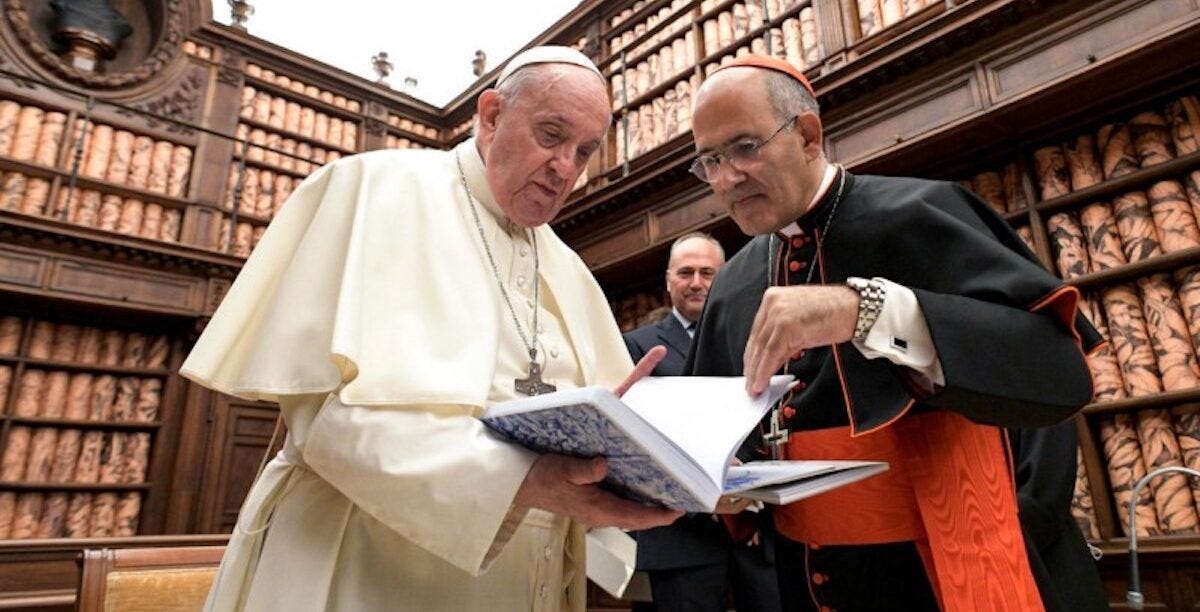
Cardinal José Tolentino de Mendonça, born in 1965 in Madeira is a highly respected Portuguese theologian, poet, and Vatican official. Ordained in 1990, he has served as a university professor and authored numerous theological and poetic works. In 2018, he was appointed archivist and librarian of the Holy Roman Church, and in 2019, Pope Francis elevated him to cardinal. Since 2022, he has been the prefect of the Dicastery for Culture and Education. According to The Guardian, he has “attracted controversy for sympathising with tolerant views on same-sex relationships and allying himself with a feminist Benedictine sister who favours women’s ordination and is pro-choice.” His progressive views position him as what Vaticanologists call “a papabile”: a likely or possible candidate to be elected pope.
Why he is a Papabile?
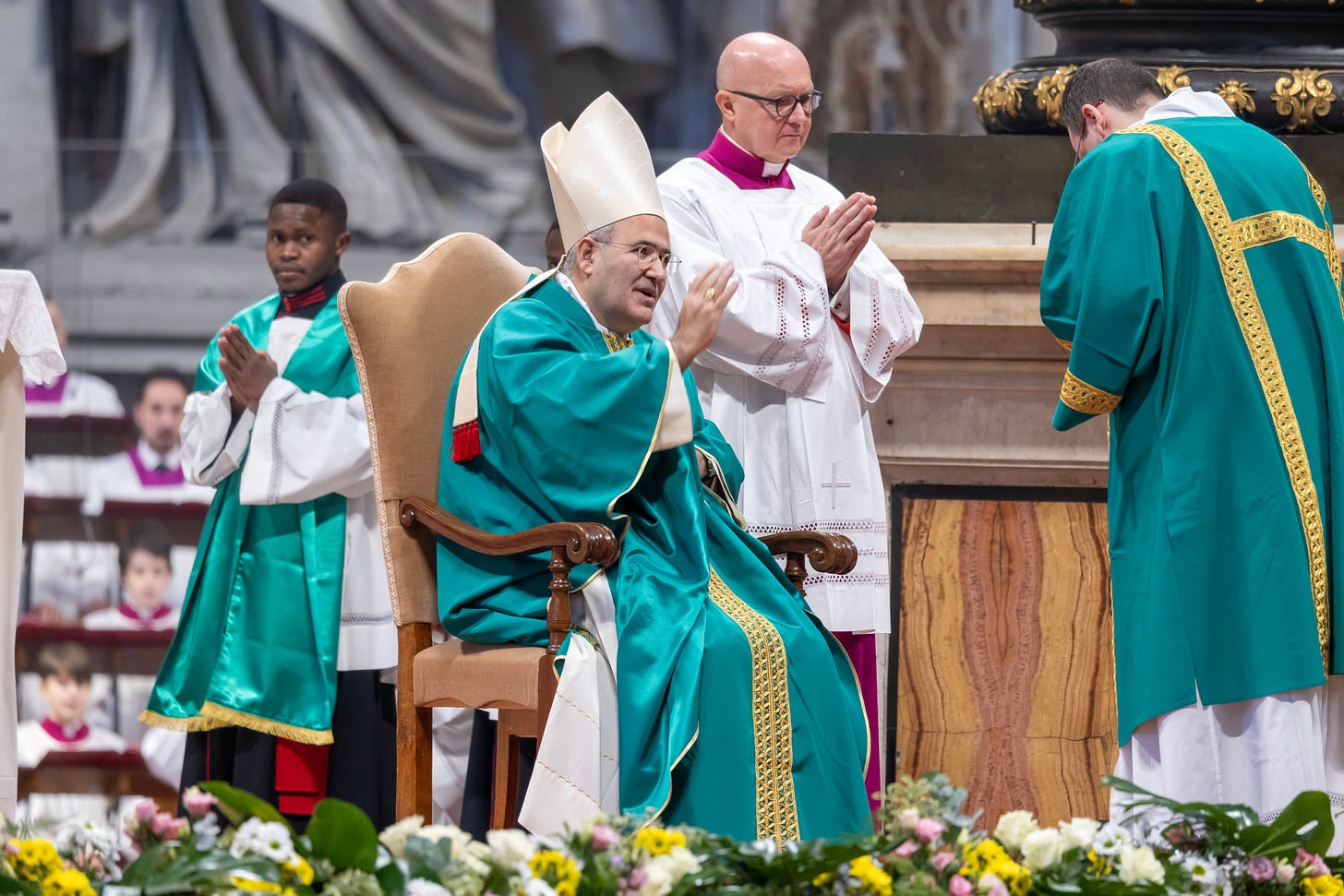
Known as “the poet cardinal,” Cardinal José Tolentino Mendonça could emerge as a consensus candidate for the papacy, bridging the Church’s progressive and conservative wings. His theological openness and cultural sensitivity align closely with Pope Francis’ vision of a more inclusive Church. At the same time, his close relationship with the former Pope Benedict XVI, who appointed him to several key roles, including as consultant to the Pontifical Council for Culture, may reassure more traditional cardinals. Mendonça brings deep knowledge of the Vatican’s inner workings, particularly through his current role as head of the Dicastery for Culture and Education, a position central to the Church’s engagement with the modern world. Multilingual and internationally respected, his Portuguese heritage could resonate with cardinals from Latin America and Portuguese-speaking nations. In the most geographically diverse conclave to date, that global appeal matters. Europe now represents just 39% of electors, down from 51% in 2013.
What might hinder his chances?
At 59, Cardinal Tolentino is among the youngest potential successors to Pope Francis, a factor that could work against him. Ambitious cardinals might hesitate to elect someone who could remain in office for another 20 or 30 years, delaying their own chances at the papacy. Others point to his European background as a disadvantage. “It’s unlikely,” said Fr. José Manuel Pereira de Almeida, vice-rector of the Portuguese Catholic University and a close acquaintance of the Madeiran cardinal, in an interview with Euronews. “I believe the next Pope will not be European, given how much the Church has evolved in continents like Africa and Asia,” he explained. Beyond age and geography, there’s another unwritten Vatican rule that could further dim the Portuguese cardinal’s odds: “A fat Pope must be followed by a thin one”, a metaphor suggesting that a reformer is often succeeded by a conservative.
Was there ever a Portuguese Pope?
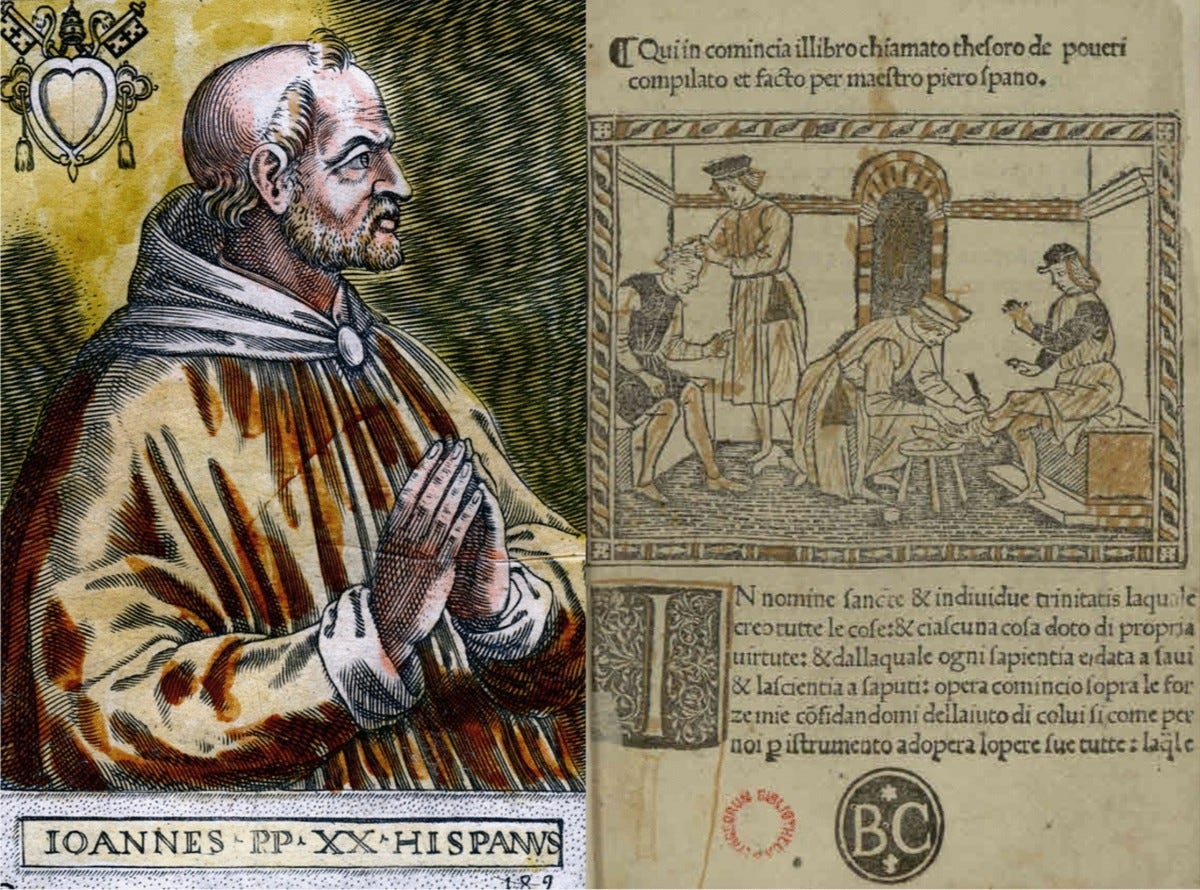
Yes, there has been one Portuguese Pope in the history of the Catholic Church: Pope John XXI. Born Pedro Julião in Lisbon, he served as Pope for a brief period from 1276 until his death in 1277. A highly educated man, he was a physician, theologian, and philosopher, and had previously served as Archbishop of Braga and Cardinal-Bishop of Tusculum. Known for his scholarly background, John XXI was the only pope who was also a medical doctor. His pontificate was short-lived; he died after a ceiling collapsed in the papal palace at Viterbo. Despite his brief time in office, his election remains a significant historical milestone, as he is the only Portuguese national to ever ascend to the papacy.
TIPS OF THE WEEK
Lisbon
Clothes and book exchange market
On April 26, from 12:00 to 17:00, the Calouste Gulbenkian Foundation will host a special Earth Day event to promote sustainability and the circular economy. In collaboration with the Let’s Swap Association, the event features a clothes and book swap market where participants can bring up to five items of clothing (including accessories) and five books to exchange for others. Schoolbooks and religious texts are not accepted. Items are registered through Let’s Swap’s app and converted into points, which can be used to select new items. First-time participants receive five welcome points, and any unused points may be used at future events. The initiative highlights the environmental cost of overconsumption, more than 5 million tonnes of clothes are discarded each year in Europe, and the textile industry’s role in global water pollution. By encouraging conscious consumption, the event offers a simple way to support more sustainable living. Entry is free. More information here.
Porto
20th Anniversary of the Casa da Música
Casa da Música marked its 20th anniversary on April 15, celebrating two decades since its official opening in 2005. Designed by architect Rem Koolhaas, the venue has hosted over 6,000 concerts, welcomed 3.8 million attendees, and commissioned more than 300 musical works. To celebrate, the venue is presenting a month-long programme of concerts, educational activities, and conferences. Highlights include Easter performances of Janáček’s Glagolitic Mass and Bruckner’s Te Deum, featuring Natalya Boeva. Pergolesi’s Stabat Mater will be performed by Iestyn Davies and Camila Mandillo. The festivities end with a free-entry Clubbing night on April 30, featuring artists such as Carla Prata, Ece Canli, and Daniel Wang. More information here.
Barcelos
Festa das Cruzes
Considered by many to be one of the biggest religious festivals in the country - it was recently included in the National Inventory of Intangible Cultural Heritage - the secular Festa das Cruzes (Festival of the Crosses) pays tribute to the Miracle of the Crosses which, legend has it, took place there in 1504 and is part of the city’s identity. From the ‘strongly religious’ nature initially evoked, the festival now includes entertainment elements such as carousels, taverns, ethnographic parades, singing, handicrafts, exhibitions, folklore, street parades and fireworks over the River Cávado. This year’s programme, running from April 30 and May 4, includes the Arches of the Pilgrimage, the Natural Petal Carpets, the Battle of the Flowers, the Grand Procession of the Invention of the Holy Cross and the concerts, this year headlined by The Gift, Calema, Nininho Vaz Maia and Fernando Daniel.
Lagos
Discoveries Festival
Lagos is set to travel back in time as the 12th edition of the Discoveries Festival takes over the town from April 30 to May 4. The five-day event celebrates Portugal’s Age of Exploration with historical re-enactments, a bustling 16th-century fair, live shows, exhibitions, and immersive workshops. This year’s spotlight is on Japan, marking centuries-old ties with Portugal through traditional arts, food, and performances in a dedicated Japan Pavilion. The festival kicks off with a grand Historical Parade featuring over 2,000 participants in period costume, including schoolchildren and a special appearance by the Japanese ambassador. The Praça do Infante and Jardim da Constituição will host artisans, merchants, live music, camel camps, military drills, and even modular caravels. Evening shows feature fire displays, taiko drummers, and a theatrical love story between a Japanese princess and explorer Fernão Mendes Pinto. Visitors can also join guided tours around Lagos’ historic and geological landmarks, while free films and a conference explore East–West cultural exchanges. Museum entry is free throughout. More information here.

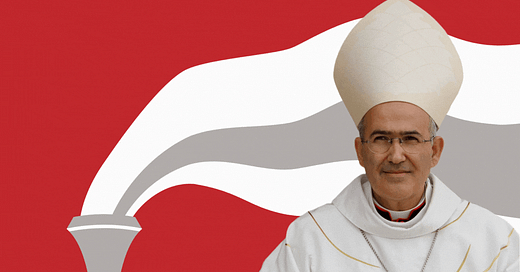


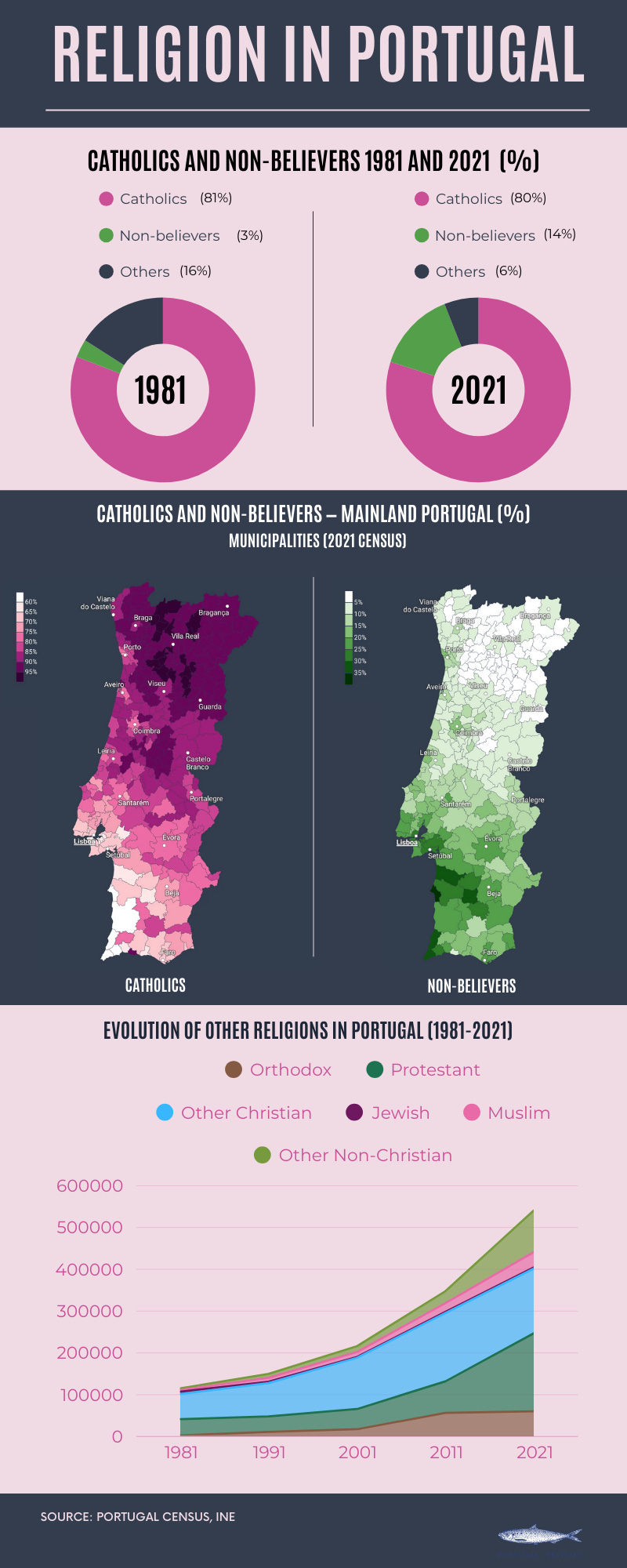
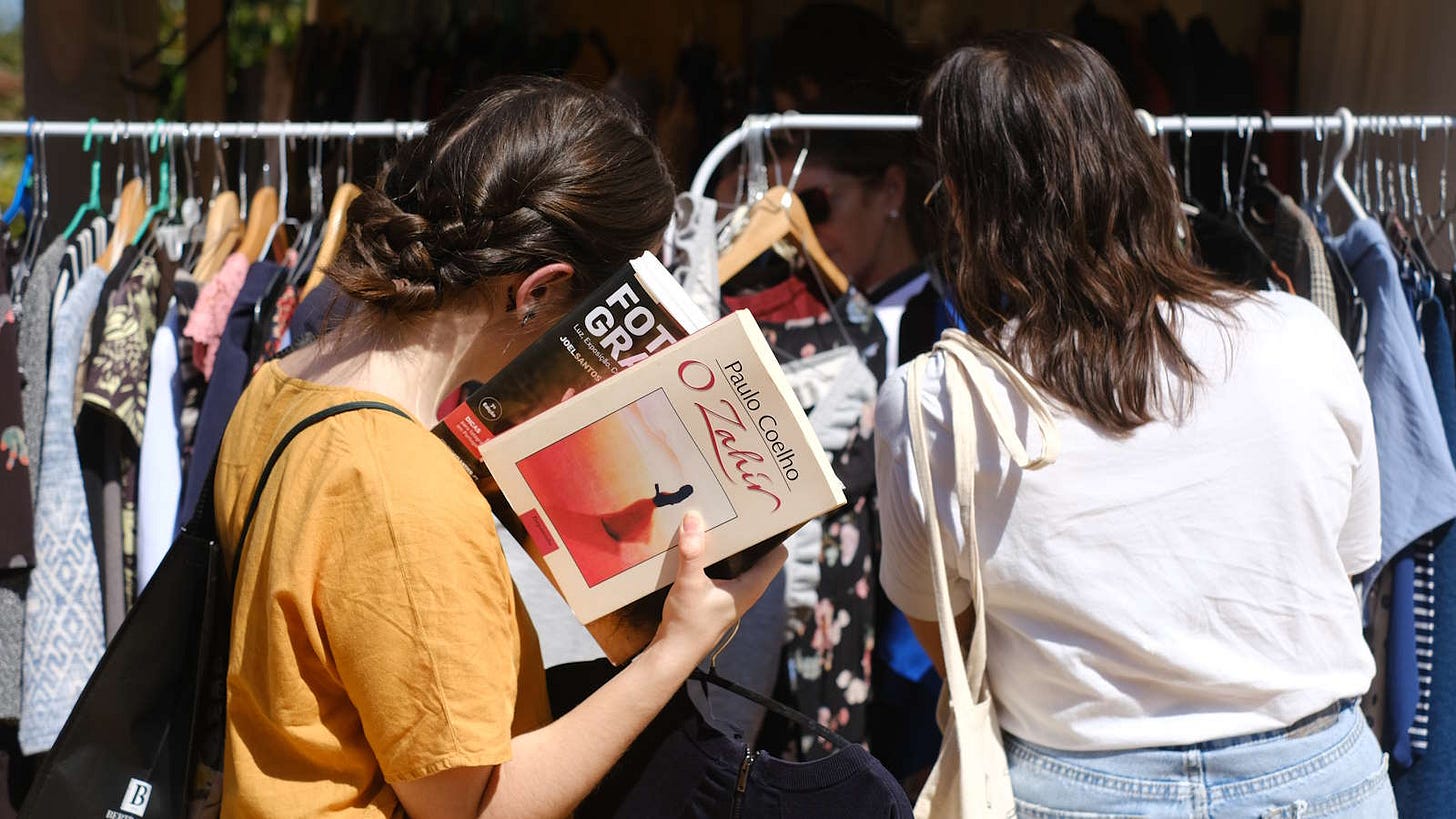

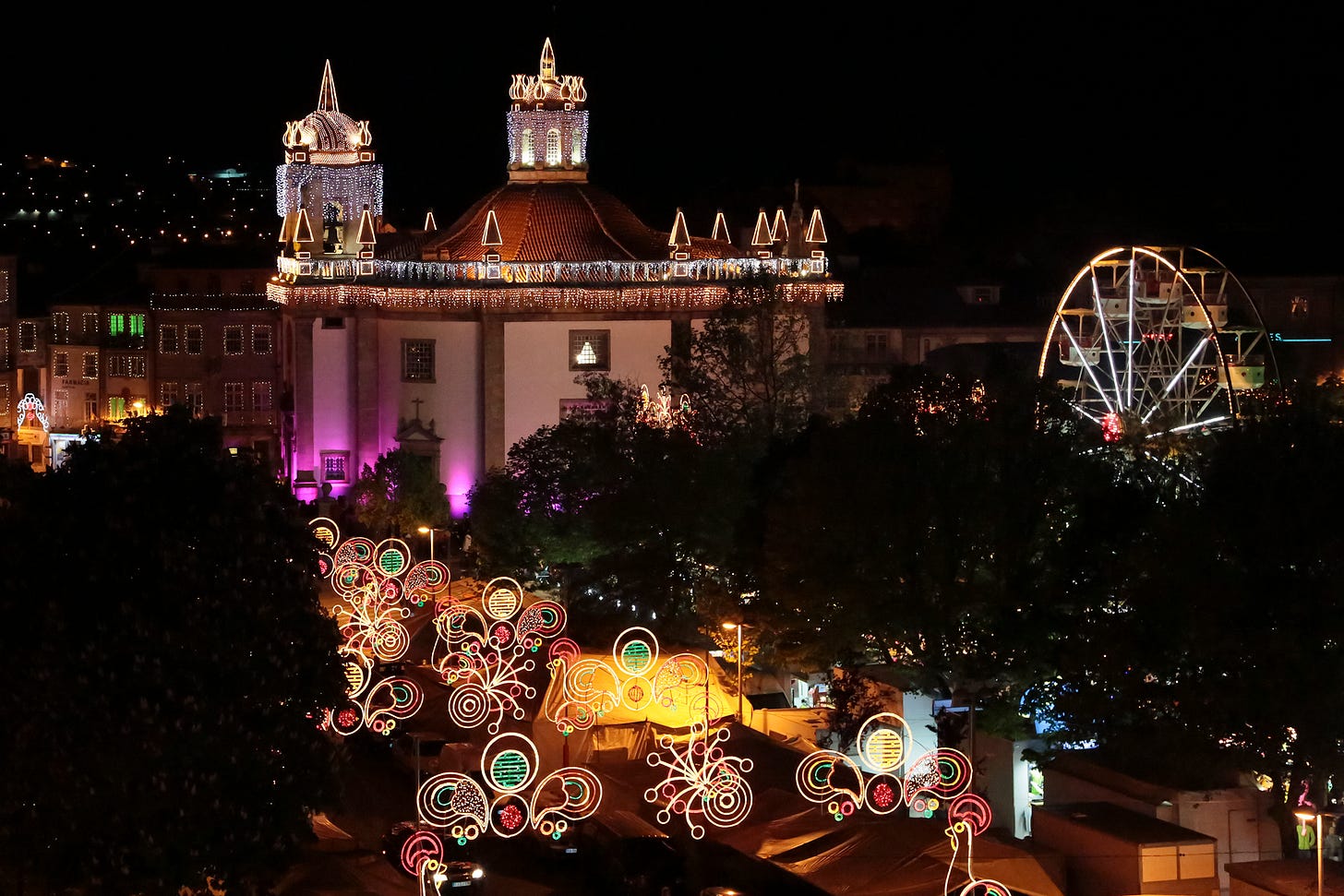
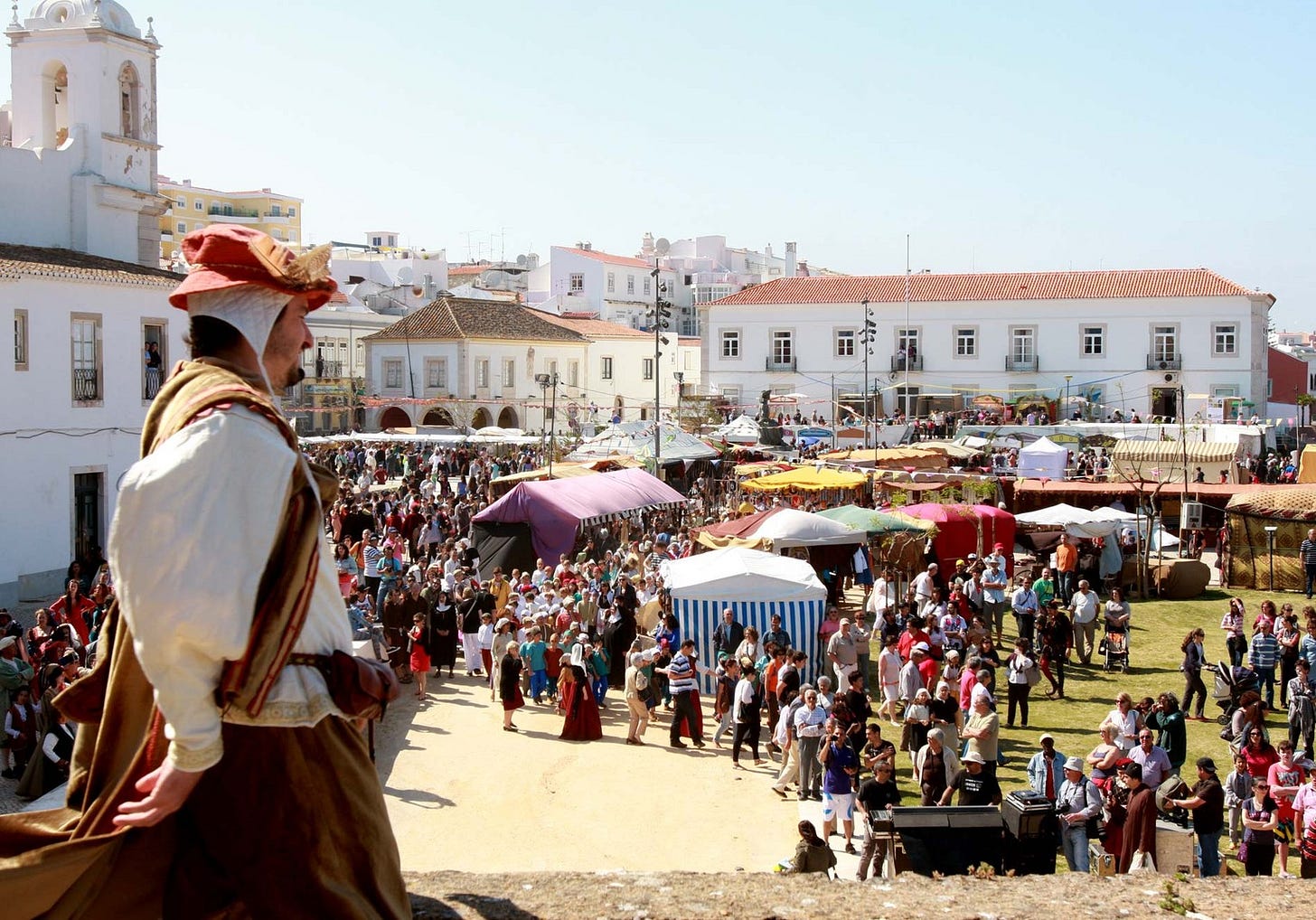
Thank you for another excellent newsletter. The link from the book and clothes swap goes to Maat. So it might be unintentionally so. Thank you!